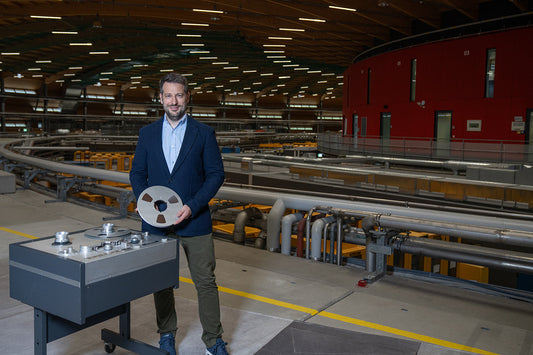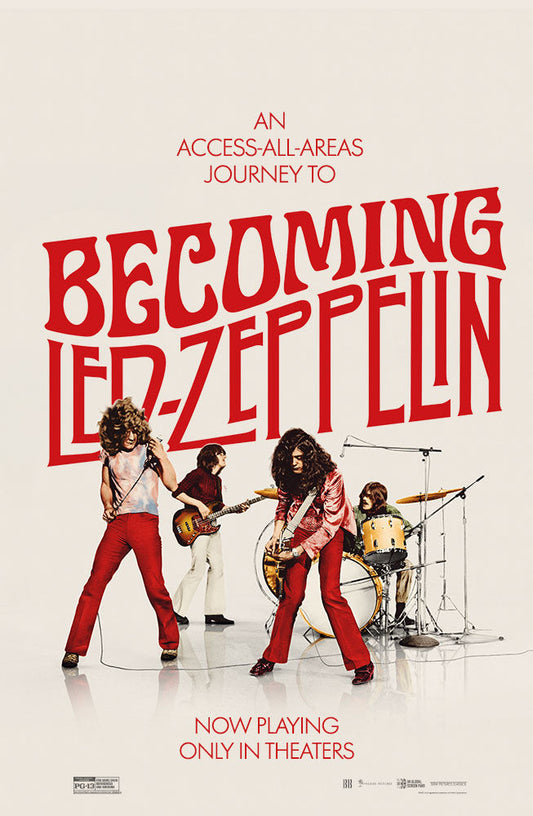Something extraordinary just happened.
Back in the 1950s, when computers filled entire rooms and had less brainpower than a modern toaster, Alan Turing asked a provocative question: Can machines think?
But Turing didn’t mean “think” the way we do when we daydream or get a hankering to watch a movie or put on an album. He meant something more practical. Could a machine, through language alone, convince a human it was one of us? To explore this, he proposed what’s now called the Turing Test. If a person couldn’t tell whether they were speaking to a human or a machine, and the machine fooled them at least 30% of the time, it had “passed.”
Turing didn’t just believe this might someday happen—he thought it was inevitable. He predicted that by the year 2000, machines would be able to fool people roughly 30% of the time in a five-minute conversation. That seemed outlandish at the time.
On April 4, 2025, ChatGPT nailed the test—convincing people it was human 73% of the time.
Think about that. Try as one might, 73% of the time, the folks communicating with a machine couldn't tell it was a machine. And we're only at the beginning. ChatGPT was first launched a little over 3 years ago.
Are those machines really thinking? Or are they just really good at sounding like they are?
If I can sit down and have a real conversation with something—machine or person—and we reach a shared understanding of a complex subject, then it doesn’t much matter whether it runs on biology or silicon. The results are the same. Put another way, imagine the opposite. Instead of grilling a machine to see if it's human, what about grilling a human behind a curtain to see if they are sentient? How would you do it? You'd ask questions. Try to trick him or her.
As audiophiles, we don't find it too big of a leap to understand that perception is reality. How real was that soundstage? Was that singer "in the room" with you?
This latest leap in AI has me imagining a future I’ve started dreaming about (thanks to my friend Seth)—a personal music librarian. Not just a voice assistant that plays what I ask, but a true musical companion. Someone that not only knows my tastes well enough to please me, but perhaps more importantly, well enough to surprise and delight me.
Imagine a piece of HiFi kit that curates, recommends, organizes, and even understands the emotional landscape of your music collection. One that can guide you through new discoveries while honoring your old favorites.
Turing asked if machines could think. I think they can now listen too.
I’m not afraid of the future. I’m looking forward to it.








